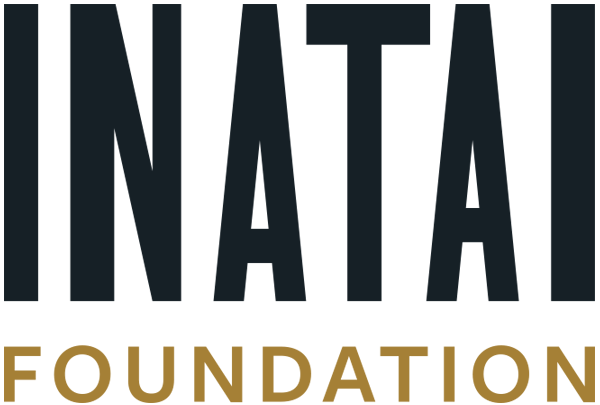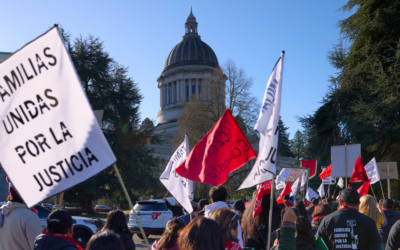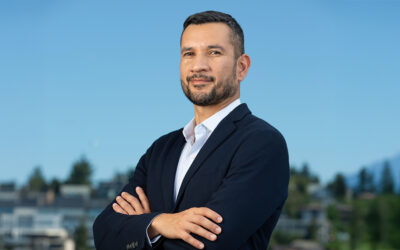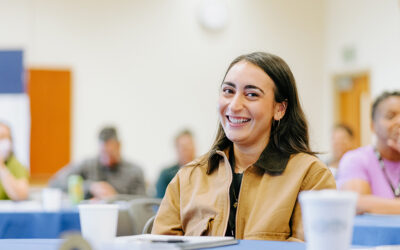Until Feb. 1, 2023, we were Group Health Foundation. This post was written under our former identity. To learn more about our new name, read our announcement here.
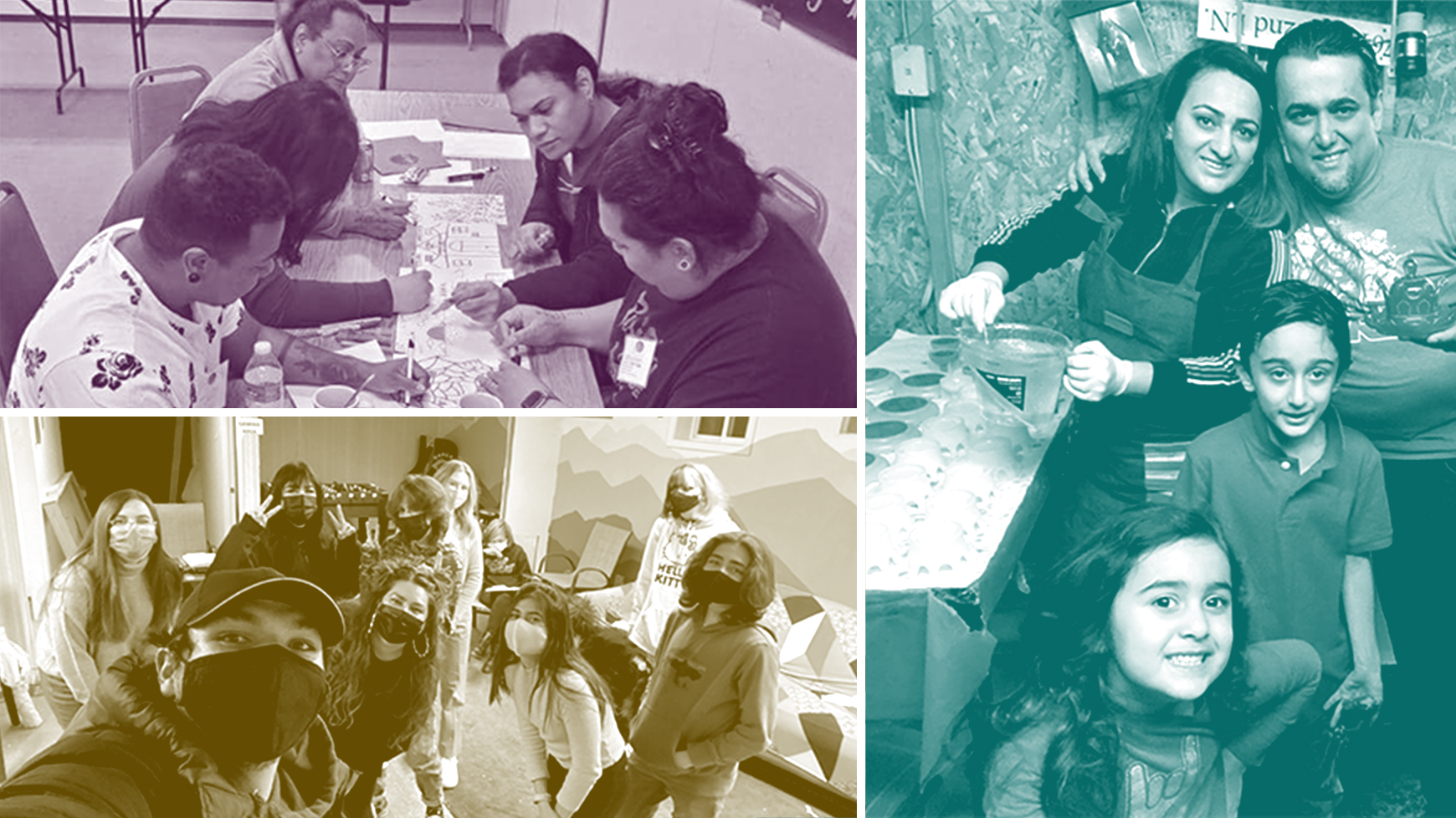
Clockwise from top: United Territories of Pacific Islanders Alliance (UTOPIA), Alefba Group, and Foundation for Youth Resiliency and Engagement (FYRE). Photos courtesy of each organization.
Connection making and community building are integral to the work for health equity and justice, and the main reason Group Health Foundation offers sponsorships for events and convenings. We support gatherings—in-person or virtual—that benefit organizations and the communities they serve, while making progress toward a better future in Washington State.
Our team regularly reviews requests for sponsorships. As we shared in previous reflections, we are most interested in connecting with and supporting organizations that have not had much access to foundation funding in the past. This includes those in parts of the state without deep philanthropic support, including suburban and rural areas, small towns, and mid-sized cities.
Group Health Foundation sponsorships are designed to be as flexible and inclusive as possible. We acknowledge that formats such as luncheons and galas do not work for every organization and community, and in the past have supported activities as varied as a nonprofit’s board retreat, a gathering for racial healing and reconciliation, organizational meetings for strategic planning, and community workshops to facilitate identity-based connections.
Providing sponsorships has greatly deepened our understanding of Washington’s communities, and helped us build relationships with a number of incredible people and organizations, including Alefba Group, Foundation for Youth Resiliency and Engagement (FYRE), and United Territories of Pacific Islanders Alliance (UTOPIA). We recently spoke to leaders from all three organizations to learn more about the events they’ve hosted: a virtual winter solstice festival, a two-month soft grand opening of their organization, and a team retreat:
Alefba: “Yaldā is about family, about getting together, and we achieved that—even virtually.”
FYRE: “What mattered was opening and starting to serve youth immediately.”
UTOPIA: “We can’t continue to do this work if we’re not taking care of ourselves.”
Leaders from each of these organizations described the immeasurable value of bringing their community together, especially during a time of physical distancing. “We wanted to raise joy and overcome isolation during an extremely difficult time,” says Afshin Sepehri of Alefba, who brought together the state’s Iranian community for an online celebration observing the longest night of the year.
For Mady Sandoval, it was a difficult decision to launch her organization during another peak in the pandemic, but she knew Latinx, Indigenous, and LGBTQ+ youth in Okanogan County could benefit from a space like FYRE’s right now. During her two-month soft opening, including a fundraising component and outreach activities, Mady was moved by the show of support from her community. “It felt so awesome to see our brown community showing up like that. It is unheard of—and not because they don’t want to—but I think just because they don’t always feel welcome. It was just awesome, having people from varying backgrounds and income levels supporting us,” she shares.
Executive Director Taffy Johnson was glad that UTOPIA was able to host a team retreat in November 2019, right before COVID-19 arrived. While the pandemic disrupted UTOPIA’s ability to carry out the multi-year work plans they had designed, the retreat grounded and prepared them to better serve the queer and transgender Pacific Islander community during the crisis that was to come. “As we know, even during a pandemic, the work doesn’t stop,” says Taffy. “People still need to put food on the table, they still need to keep the lights on, and so we still need to provide care and provide services.”
Group Health Foundation is deeply appreciative of Afshin Sepehri, Rana Amini, Mady Sandoval, Taffy Johnson, and Regina Fonoti-Parker for the generosity of their time and for reaffirming the importance of community and culture to our well-being.
